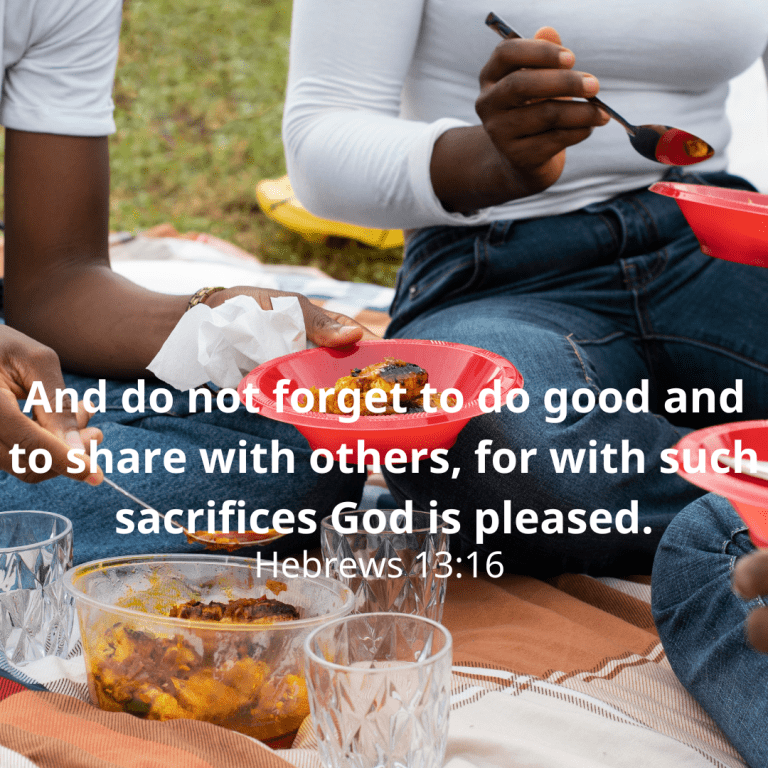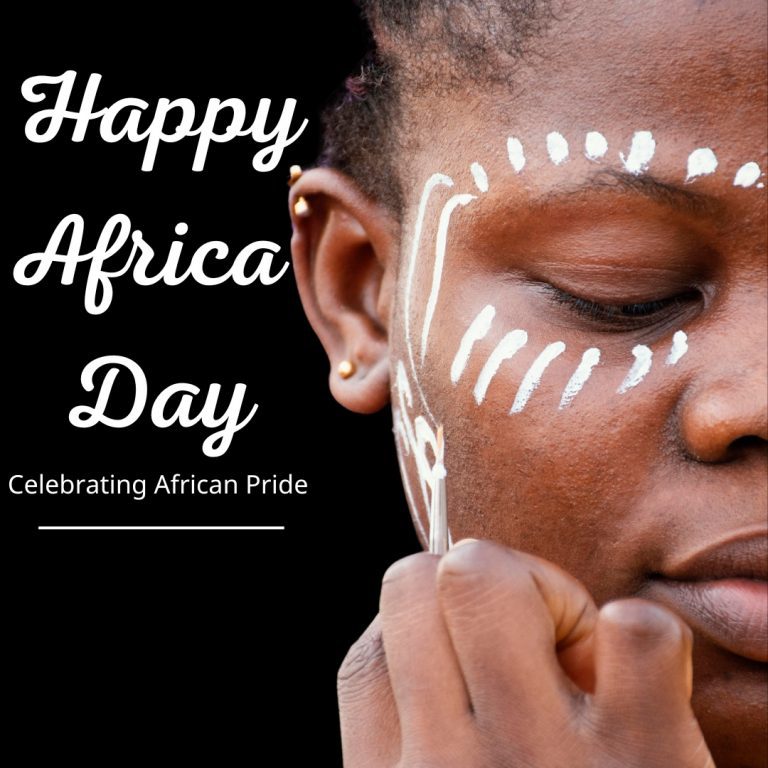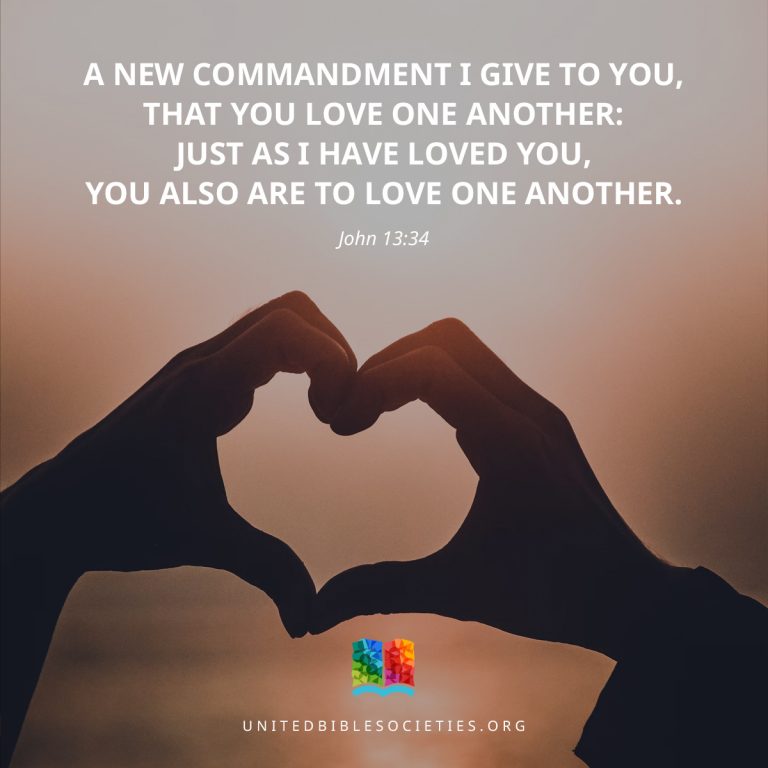Alla la kumoo ka bo niŋ a Dinkewo la
1 Jamaanoolu mennu tambita nuŋ, Alla ka diyaamu m̀ mumuñolu ye waati jamaa niŋ sila jamaa le la, ka bo niŋ annabiyomoolu la. 2 Bari ñiŋ luŋ labaŋolu kono, a naata diyaamu ntolu ye ka bo niŋ a Dinkewo* le la, a ye alihawaa daa ka bo niŋ meŋ na, aduŋ a ye ate le tomboŋ ka ke feŋo bee keetaalaa ti. 3 Alla la kallankeeyaa* ka je a Dinkewo le kono, a ye Alla mankutoo soto le, aduŋ a ka alihawaa taamandi ka bo niŋ a la kuma sembemaa le la. A la hadamadiŋolu seneyandiri koolaa ì la junuboolu to, a ye a la siidulaa taa Alla Mansa Tallaa bulubaa karoo la, Arijana kono.
Alla Dinkewo le la kuwo warata malaayikoolu ti
4 A la kuwo naata wara baake ka tambi malaayikoolu la. Wo ñaa kiliŋo la, a ye too meŋ fanaa soto, wo le warata ì toolu ti. 5 Fo Alla nene ye a fo malaayika jumaa le ye ko:
“Ite mu n Dinkewo le ti.
Bii luŋo la nte faŋo keta i Faamaa le ti”?
Aduŋ Alla nene maŋ a fo malaayikoo la kuwo to ko:
“Nte le be ke la a Faamaa ti,
aduŋ ate le be ke la n Dinkewo ti.”
6 Aduŋ fanaa, kabiriŋ Alla be a Dinkee foloo samba kaŋ naŋ duniyaa kono jaŋ, a ko:
“Alla la malaayikoolu bee si a batu.”
7 Bari malaayikoolu la kuwo to, a ko le:
“A ka a la malaayikoolu ke foñoo ti,
a ka a la dookuulaalu ke dimbaa ti.”
8 Bari Dinkewo la kuwo to, a ye ñiŋ ne fo ko:
“Alla, i la mansasiiraŋo be tu la le fo abadaa,
i ka i la mansayaa taamandi niŋ tiliŋo le la.
9 I ye tiliŋo kanu le,
i ye kuruŋyaa koŋ.
Wo le ye a tinna
i la Alla ye i toloo niŋ seewoo la
ka tambi i mooñoolu la.”
10 Aduŋ a ko fanaa ko:
“Ite Maariyo, biriŋ foloodulaa to,
ite le ye bankoo fondamaŋo laa,
saŋ fatoolu mu i buloo la daaroo ti.
11 Ì be yeemaŋ na le,
bari ite be tu la keriŋ ne.
Ì bee le be kotoo la ko funtoo.
12 I be ì moromoro la le ko basoo,
ì ye faliŋ ko duŋ feŋo.
Bari ite ka tu i ñaama le doroŋ,
i maŋ dandulaa soto.”
13 Bari malaayikoolu la karoo la, Alla nene ye a fo malaayika jumaa le ye ko:
“Sii m bulubaa karoo la,
fo ŋa i jawoolu ke i siŋo koto”?
14 Fo malaayikoolu bee maŋ ke dookuulaalu doroŋ ne ti baŋ? Ì bee mu maakoyirilaa nooroolu le ti, Alla ye mennu kii wo moolu ye, mennu be kiisoo soto la.
God's Word through His Son
1 In the past God spoke to our ancestors many times and in many ways through the prophets, 2 but in these last days he has spoken to us through his Son. He is the one through whom God created the universe, the one whom God has chosen to possess all things at the end. 3 He reflects the brightness of God's glory and is the exact likeness of God's own being, sustaining the universe with his powerful word. After achieving forgiveness for the sins of all human beings, he sat down in heaven at the right side of God, the Supreme Power.
The Greatness of God's Son
4 The Son was made greater than the angels, just as the name that God gave him is greater than theirs. 5 For God never said to any of his angels,
“You are my Son;
today I have become your Father.”
Nor did God say about any angel,
“I will be his Father,
and he will be my Son.”
6 But when God was about to send his first-born Son into the world, he said,
“All of God's angels must worship him.”
7 But about the angels God said,
“God makes his angels winds,
and his servants flames of fire.”
8 About the Son, however, God said:
“Your kingdom, O God, will last forever and ever!
You rule over your people with justice.
9 You love what is right and hate what is wrong.
That is why God, your God, has chosen you
and has given you the joy of an honor far greater
than he gave to your companions.”
10 He also said,
“You, Lord, in the beginning created the earth,
and with your own hands you made the heavens.
11 They will disappear, but you will remain;
they will all wear out like clothes.
12 You will fold them up like a coat,
and they will be changed like clothes.
But you are always the same,
and your life never ends.”
13 God never said to any of his angels:
“Sit here at my right side
until I put your enemies
as a footstool under your feet.”
14 What are the angels, then? They are spirits who serve God and are sent by him to help those who are to receive salvation.




